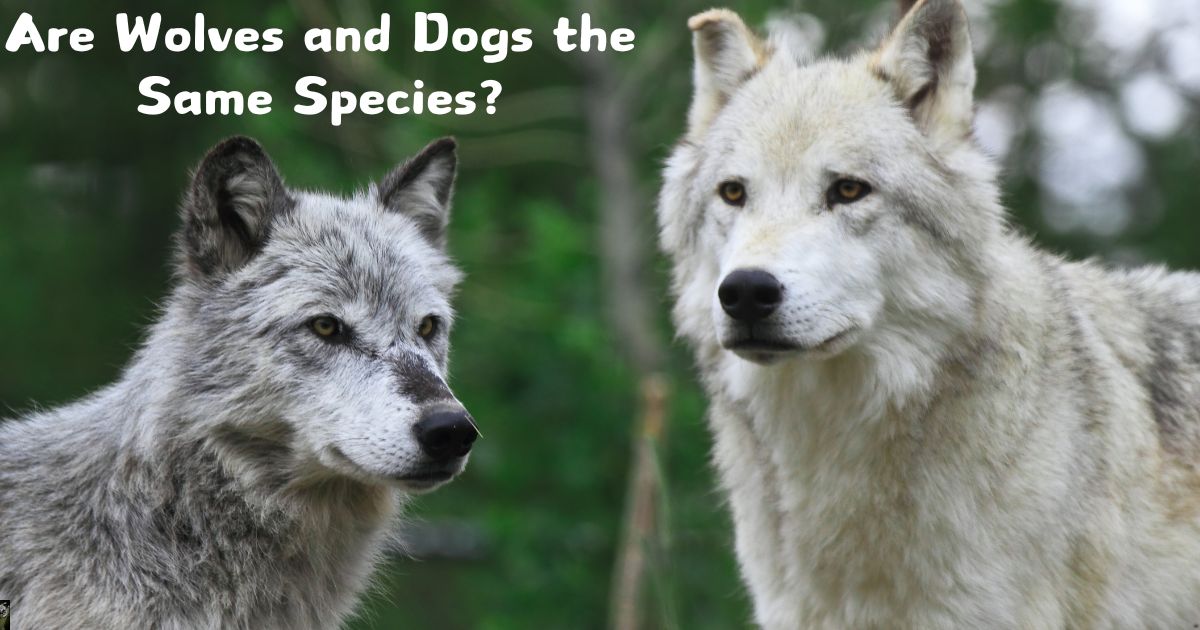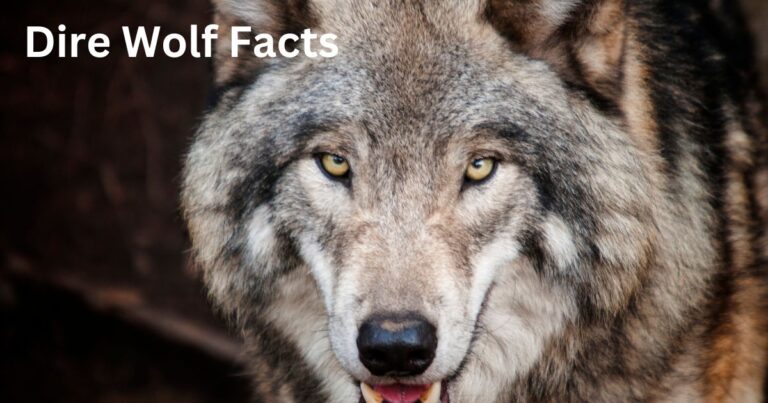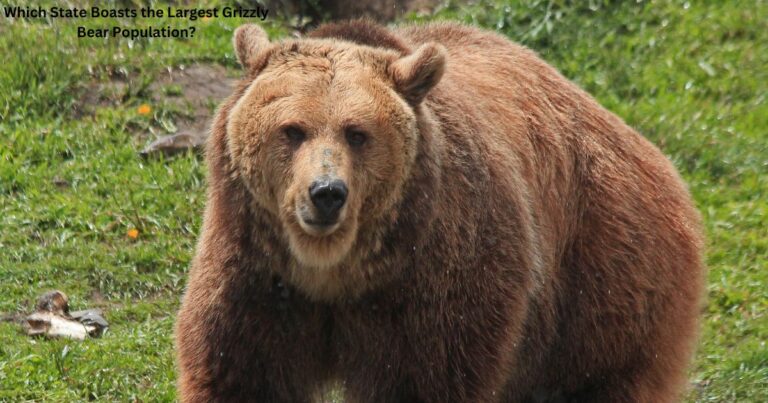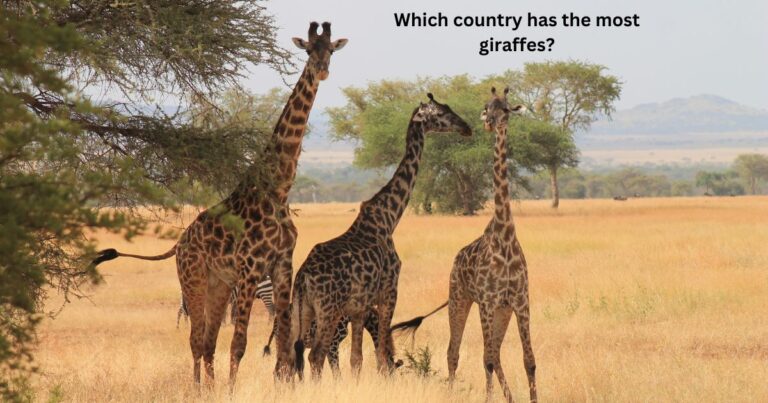
Introduction
Are Wolves and Dogs the Same Species?
Wolves and dogs are intriguing animals that have captivated people for centuries. Whereas they share numerous similitudes, there is a continuous talk about approximately whether they are the same species. This essay investigates the relationship between wolves and dogs, analyzing their likenesses and contrasts, and talks about the points of interest and drawbacks of considering them as the same species.
Comparison Between Wolves and Dogs
| Aspect | Wolves | Dogs |
|---|---|---|
| Species Name | Canis lupus | Canis lupus familiaris |
| Genetic Similarity | High (99.8% DNA similarity) | High (99.8% DNA similarity) |
| Domestication Status | Wild | Domesticated |
| Social Structure | Complex pack hierarchy | Adapted to human companionship |
| Physical Traits | Uniform appearance, wild traits | Diverse breeds, specialized traits |
| Behavior | Survival-oriented, aggressive | Varied temperaments, trained behaviors |
| Human Interaction | Limited and cautious | Extensive and varied |
Similarities Between Wolves and Dogs
Genetic Cosmetics
Wolves (Canis lupus) and dogs (Canis lupus familiaris) share a critical sum of their hereditary fabric. Considers appear that their DNA varies by as it were around 0.2%, which is why they can interbreed and create ripe offspring.
Physical Characteristics
Both wolves and dogs have comparable physical characteristics such as sharp teeth, solid jaws, and a sharp sense of scent. They, too, show comparative behaviors like pack chasing, regional checking, and howling.
Ancestral Heredity
Dogs are accepted to have slid from a now-extinct populace of wolves. This taming prepare started roughly 20,000 to 40,000 a long time back, driving to the assortment of canine breeds we see today.
Differences Between Wolves and Dogs
Behavioral Contrasts
Wolves are wild creatures with instinctual equipped towards survival in the wild. They are more forceful and less trusting of people compared to dogs, who have been bred for different dispositions and parts such as companionship and service.
Physical Adjustments
Over eras, dogs have created a wide extent of physical adjustments to suit human needs. For case, a few breeds are specialized for chasing, crowding, or giving consolation, though wolves hold a more uniform appearance and physical capabilities suited for survival in the wild.
Social Structure
Wolves have a complex social structure with a strict pecking order inside their packs. Dogs, on the other hand, have adjusted to living with people, and their social behaviors have advanced to incorporate solid bonds with their human families.
Reproductive Differences
Breeding Cycles
Wolves as a rule breed once a year, with the mating season happening in late winter. After an incubation period of approximately 63 days, the female gives birth to a litter of pups. Dogs, on the other hand, can breed twice a year and have been bred to deliver bigger litters to meet the requests of domestication.
Parental Care
In wolf packs, both parents and other pack individuals take part in raising the pups. The pack’s communal exertion guarantees the survival and development of the youthful wolves. In residential dogs, the level of parental care shifts essentially. Whereas some breeds are known for their solid maternal instinctual, others may depend more on human intercession.
FAQs About Are Wolves and Dogs the Same Species?
Q: Are wolves and dogs hereditarily similar?
A: Yes, wolves and dogs share around 99.8% of their DNA.
Q: Can wolves and dogs interbreed?
A: Yes, wolves and dogs can interbreed and deliver prolific offspring.
Q: What is a key behavioral contrast between wolves and dogs?
A: Wolves are more forceful and survival-oriented, whereas dogs are by and large more trusting and versatile to human environments.
Q: How did dog advance from wolves?
A: Dogs are accepted to have plummeted from a now-extinct populace of wolves through a taming prepare that begun around 20,000 to 40,000 a long time ago.
Q: Why is it vital to recognize between wolves and pooches in preservation efforts?
A: It is vital since wolves are regularly imperiled and require particular preservation measures, whereas residential dogs have diverse needs and protections.
Conclusion
So, are wolves and pooches the same species? Logically, they are classified as the same species, with pooches being a subspecies of wolves. Be that as it may, thousands of a long time of taming have driven to critical contrasts in behavior, appearance, and hereditary qualities. Understanding the relationship between wolves and pooches makes a difference, do us appreciate the special qualities of each and the developmental travel that has formed our cherished canine companions.







